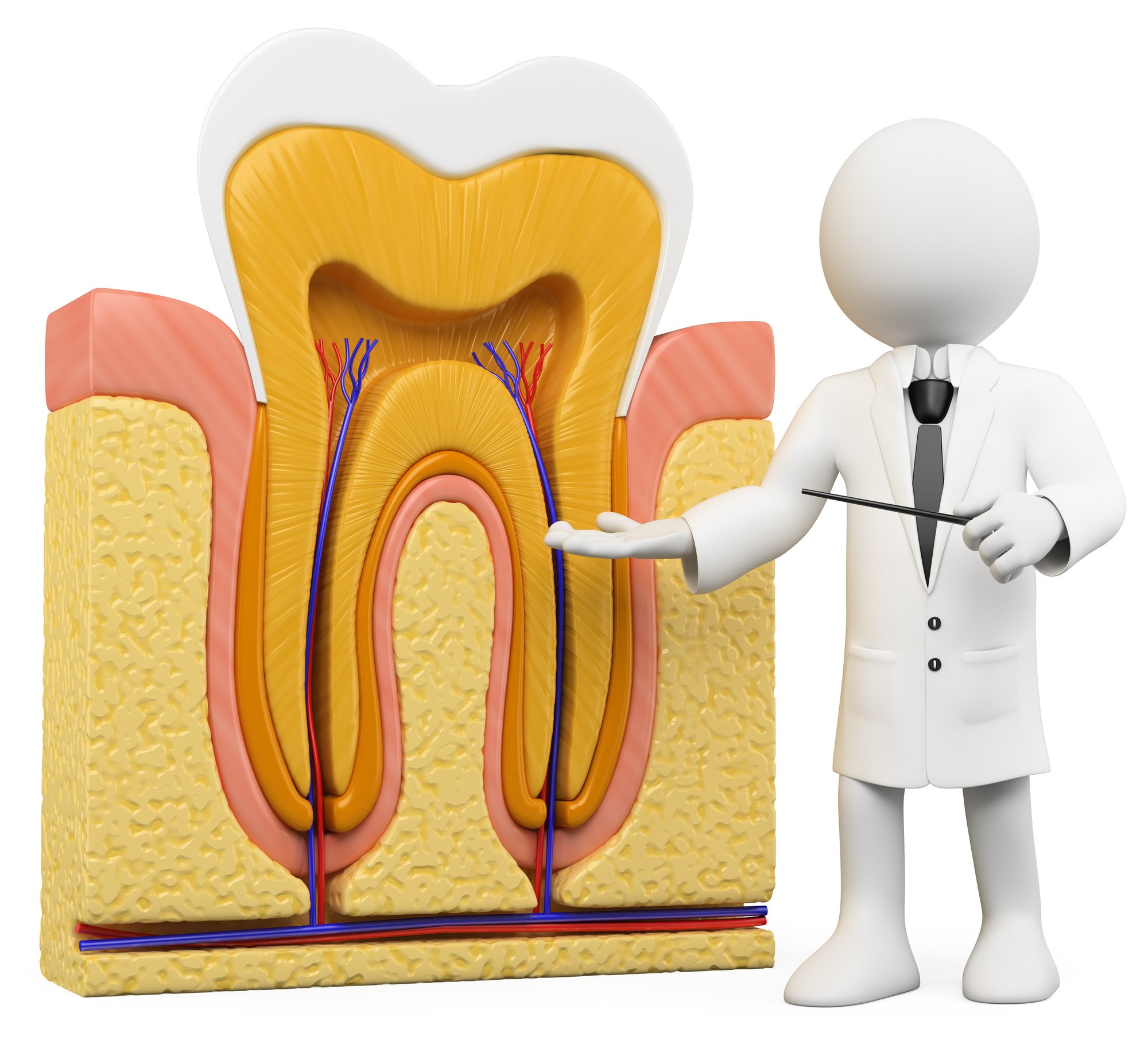
In the past, root canals have been given a bad name among dental patients. Thankfully, modern root canal procedures are nothing to fear or dread. Techniques and technology have changed so much and for the better, making endodontic treatment more comfortable and simpler than ever before.
So, how do you know if you even need a root canal? Dentists usually recommend this procedure for patients who are experiencing the following symptoms:
- Extreme pain while chewing and biting
- A chipped or cracked tooth
- Sensitive or swollen gums
- Pimples on the gums
- Severe dental decay
- Sensitivity to hot and cold
- Darkening of the gums
One or more of these symptoms may be a sign of a deep cavity, disease caused by a previous filling, or an infection caused by trauma.
The Root Canal Procedure
Diagnosis is the first step to the root canal procedure. This includes taking an x-ray of the tooth. Once diagnosed, the dentist will schedule the next appointment where he will perform the root canal treatment.
Root canal therapy involves the following steps:
1. The setup
First, the dentist administers a local anesthetic to numb the tooth. This ensures the patient is comfortable throughout the procedure. Then, a dental dam is placed over the tooth undergoing the root canal, keeping it clean and dry.
2. Opening and cleaning the tooth
To clean out the infected pulp, the dentist will make an opening in the crown of the tooth, then use small dental instruments to remove the infection from the tooth. The dentist will then shape the pulp and prepare it for the filling.
3. Filling the tooth
Filling the tooth is essential to ensuring that the tooth is protected from further decay and disease. Dentists use a biocompatible, rubber-like material called gutta-percha to fill in the pulp of the tooth.
4. Seal the tooth
After filling the tooth with gutta-percha, the dentist may place a temporary crown while the permanent one is being crafted.
5. A return visit
During your final visit, a permanent restoration will be placed on the tooth. This crown or bridge will restore function while protecting the tooth from another infection.
After-Care for a Root Canal
In the days after root canal therapy, patients may experience sensitivity, swelling, and/or inflammation. Be sure to talk with your dentist about which symptoms are normal and which symptoms are concerning. Pain that lasts more than a few days is not normal, so call your dentist if this is your experience.
To ensure your mouth heals as quickly as possible, follow your dentist’s after-care guidelines strictly. These will likely include eating soft foods that require very little chewing, such as:
- Oatmeal
- Eggs
- Applesauce
- Yogurt
- Ice cream
- Smoothies
- Mashed potatoes
Patients should brush and floss normally but be cautious around the root-canaled tooth.
Careful and Comfortable Root Canal Therapy in Woolgoolga
Are you suffering from dental pain or other unnatural oral health symptoms? Don’t wait any longer to visit your local dentist. Remember, when a tooth is left untreated, it often requires extraction rather than a root canal. It’s much better to preserve the natural tooth!
At Magic Smiles, our team of dental professionals is passionate about providing comfortable oral health care for patients with all types of dental issues. Call (02) 6654-0650 to schedule an appointment.

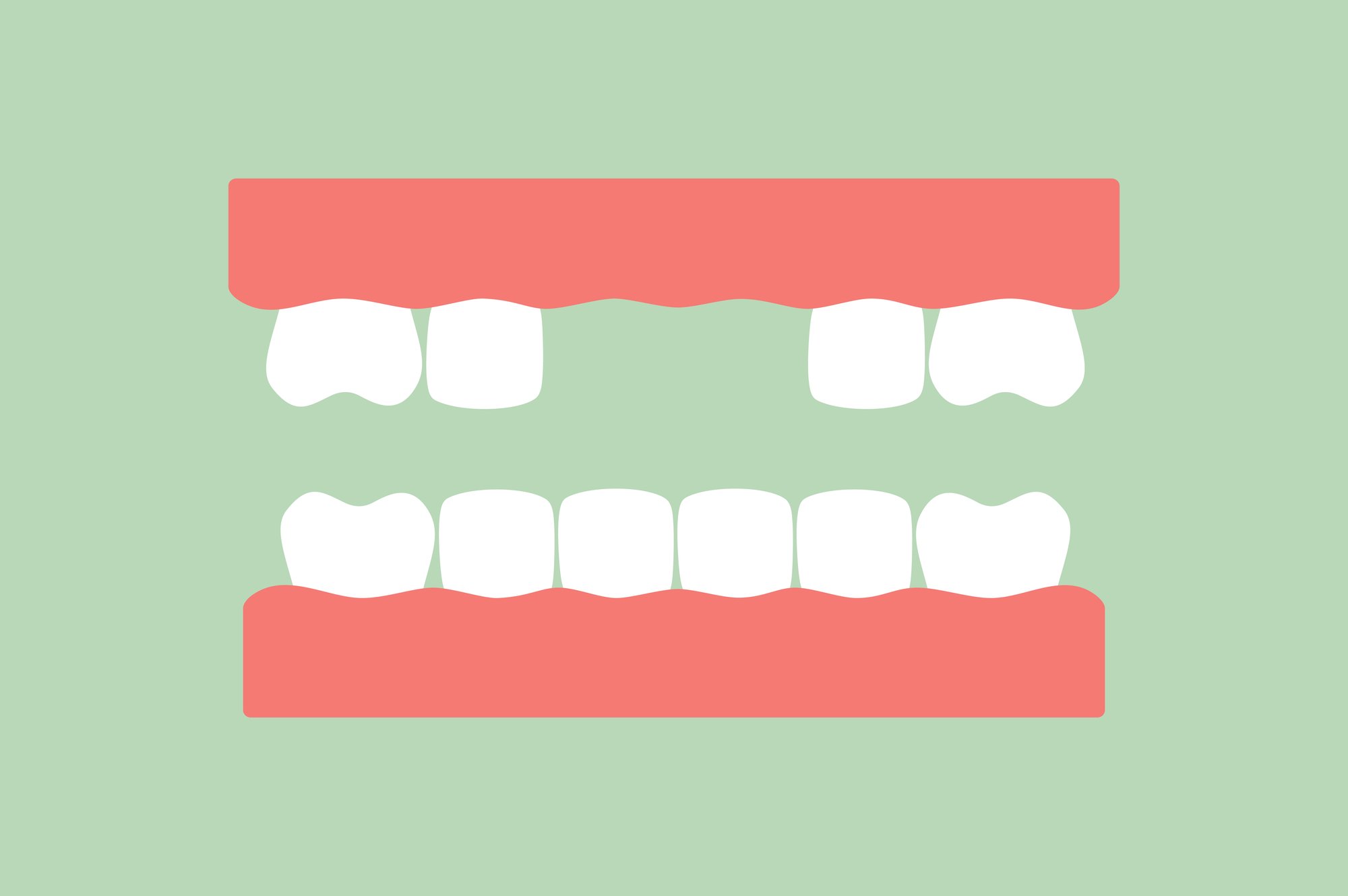
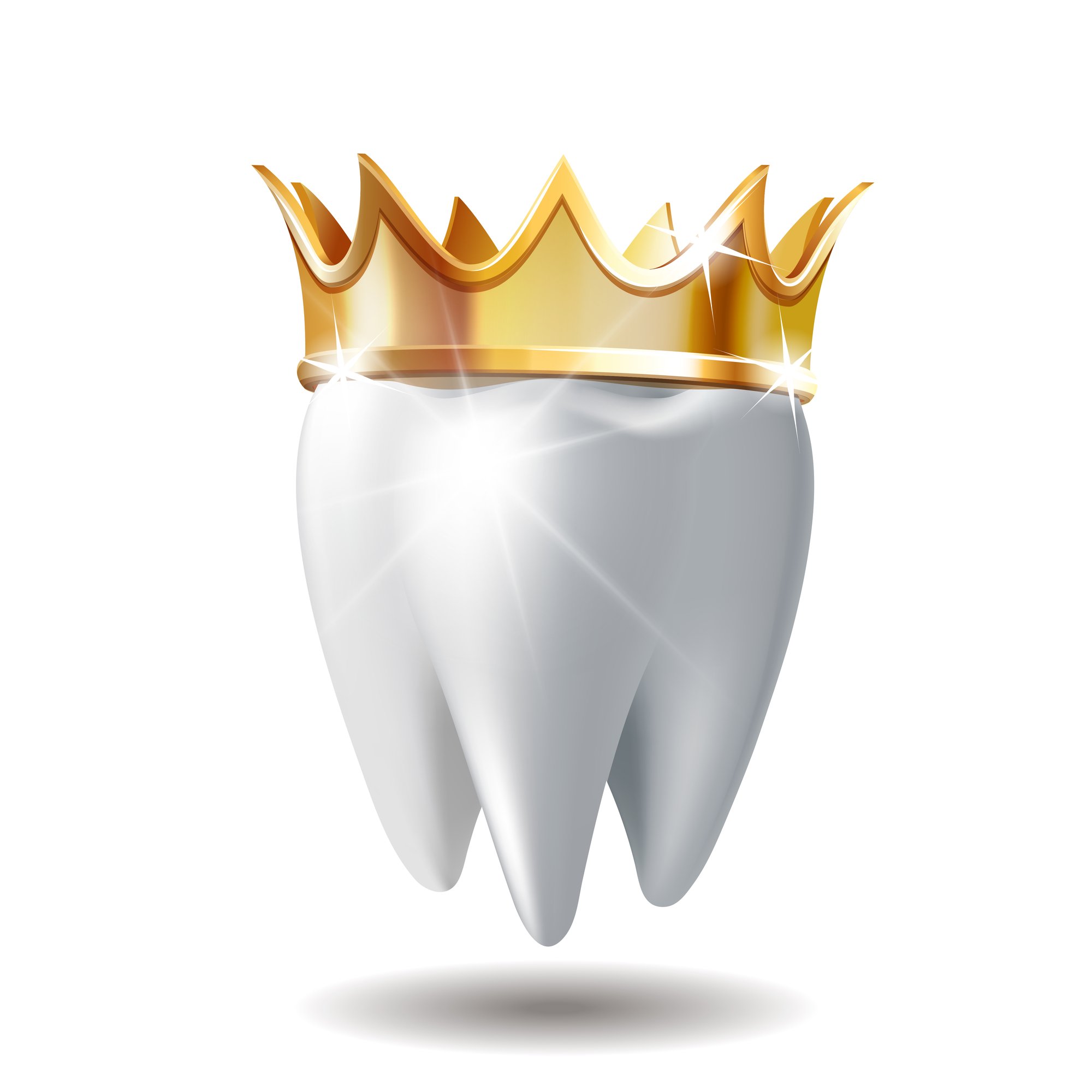

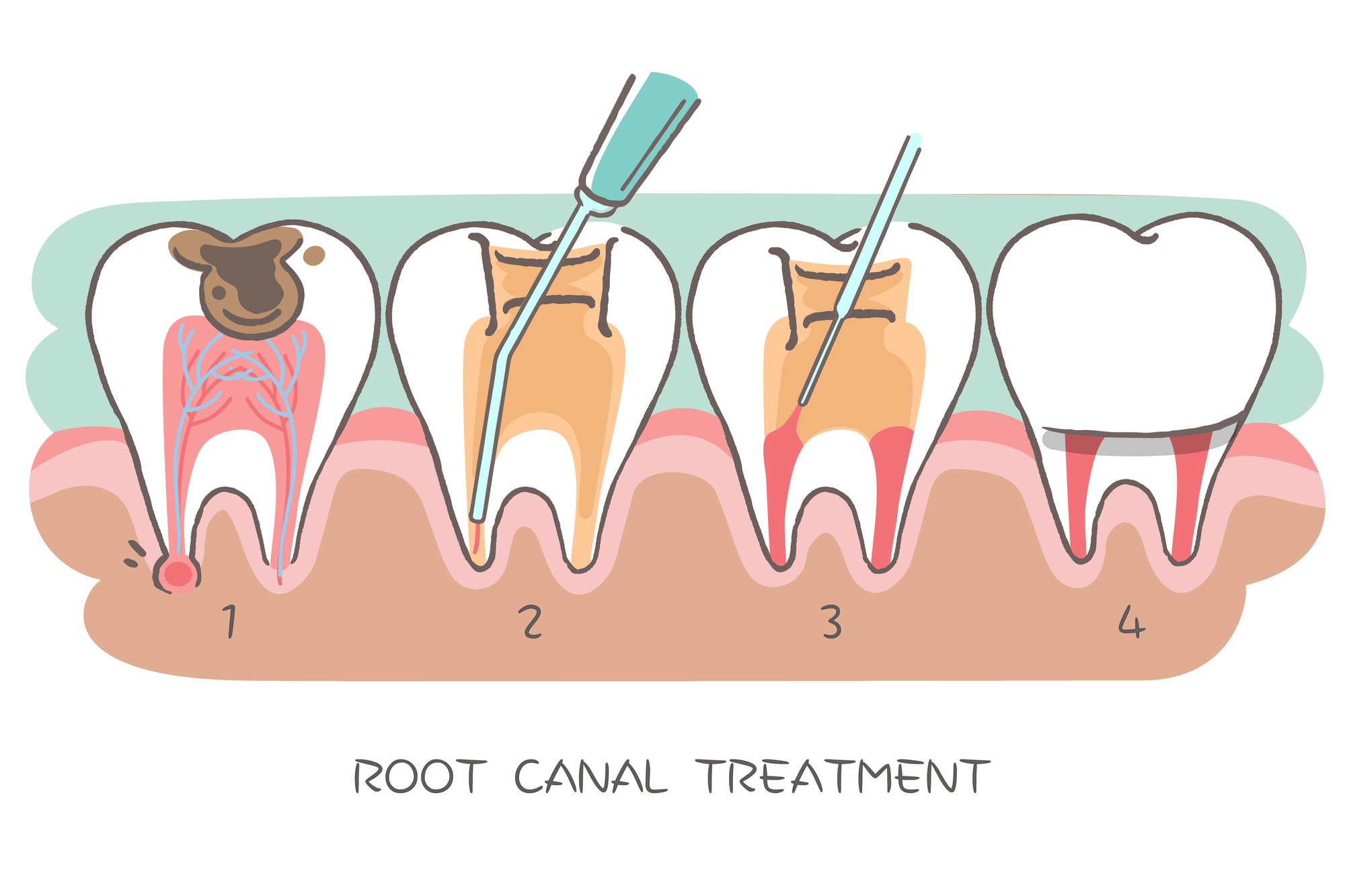
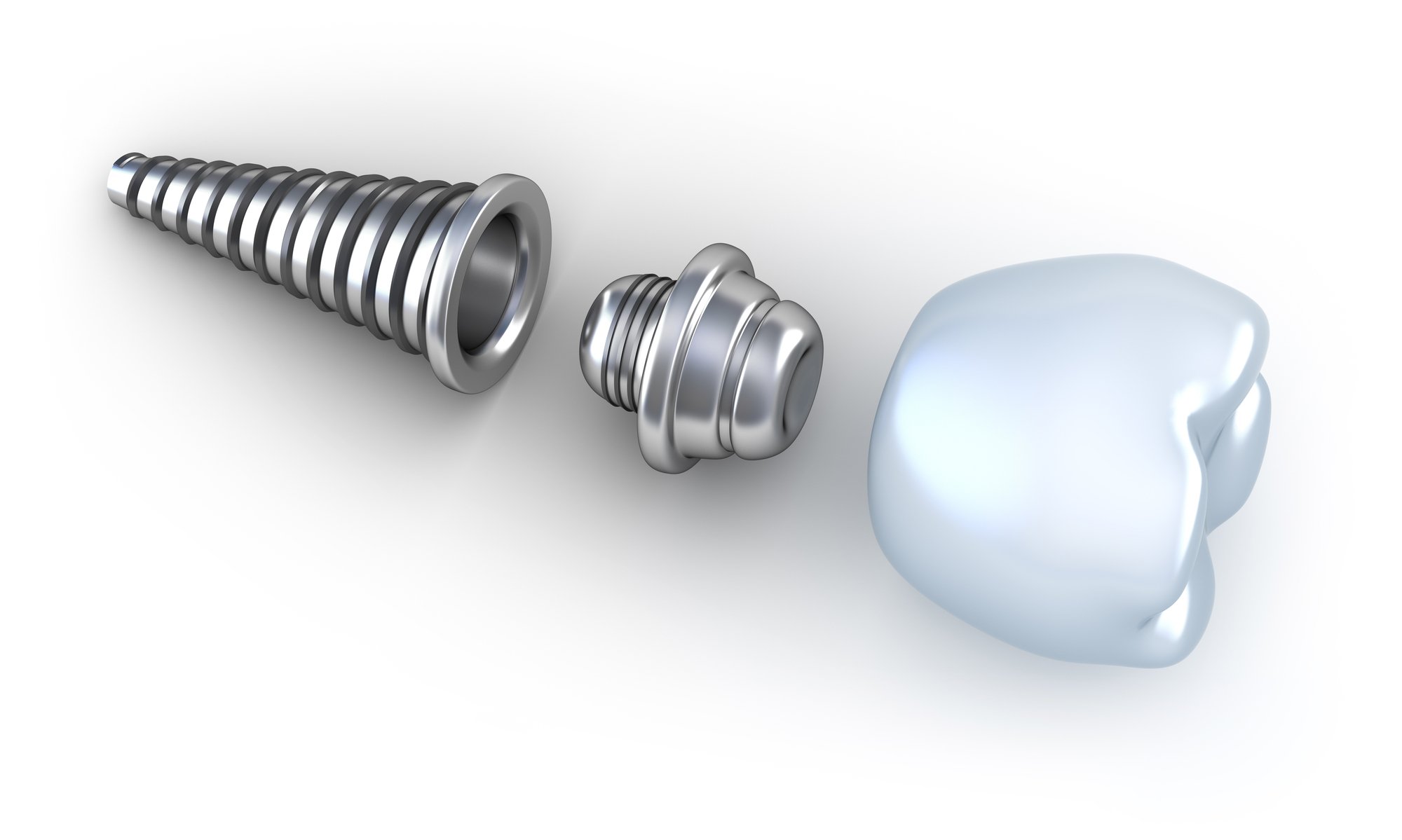
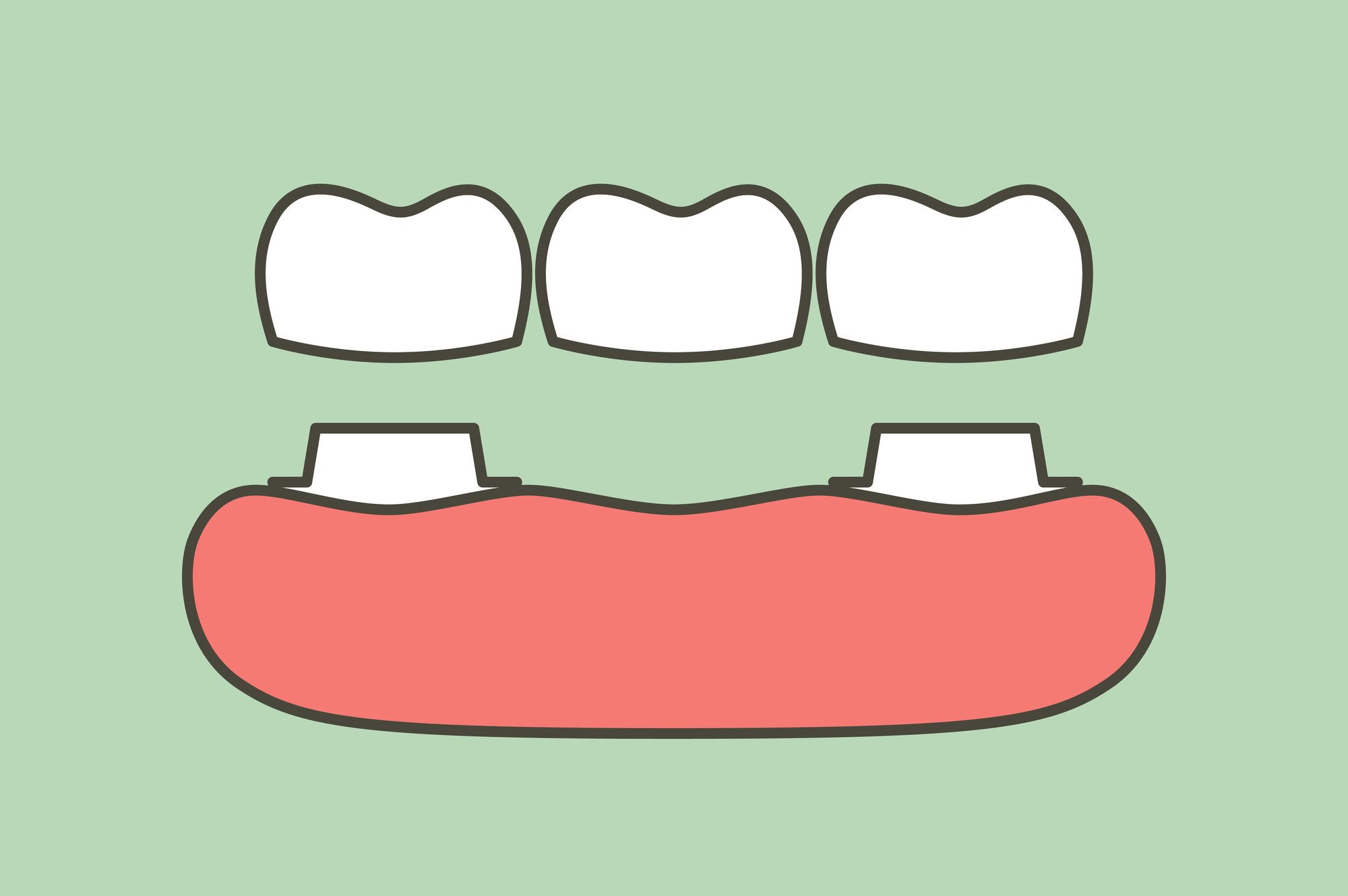
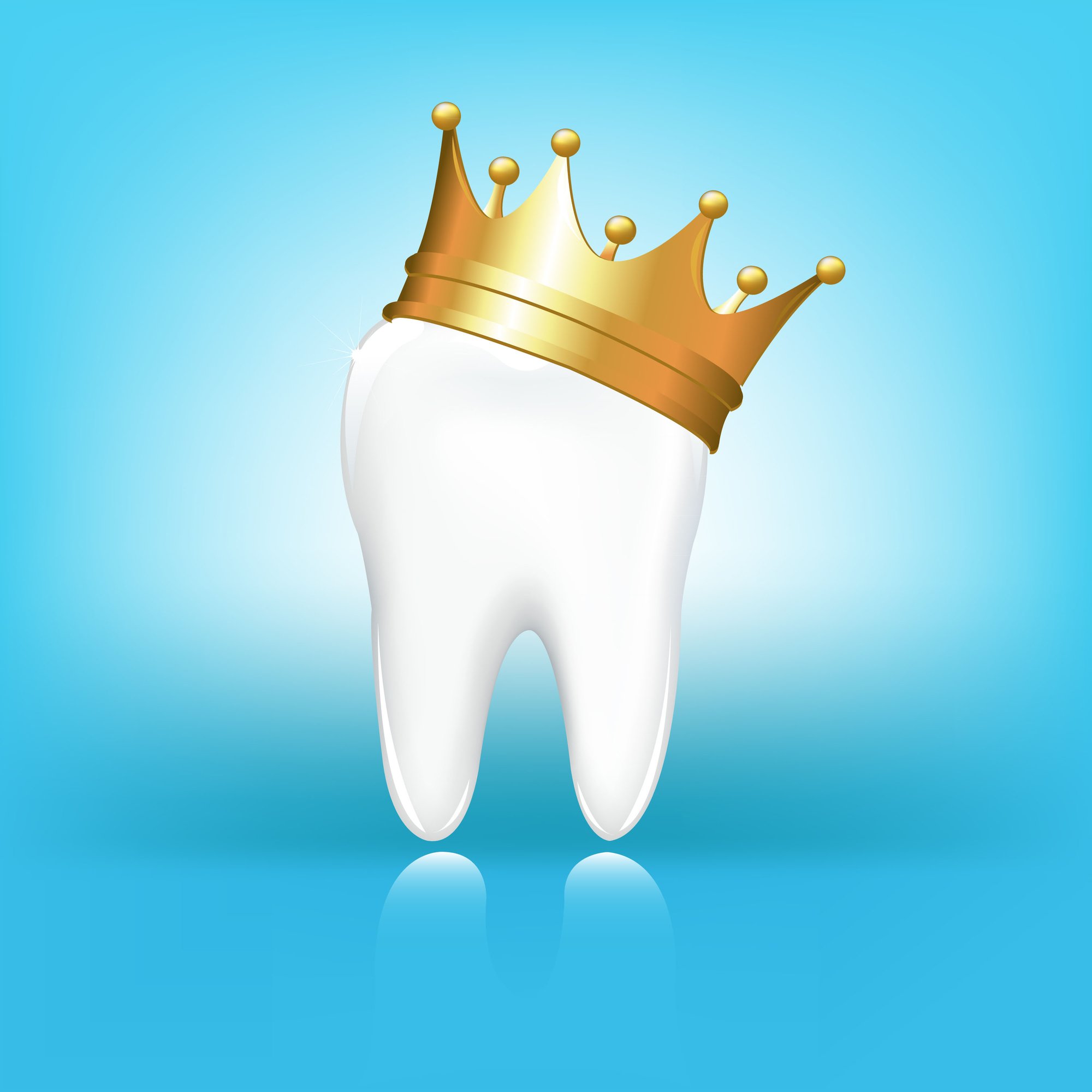
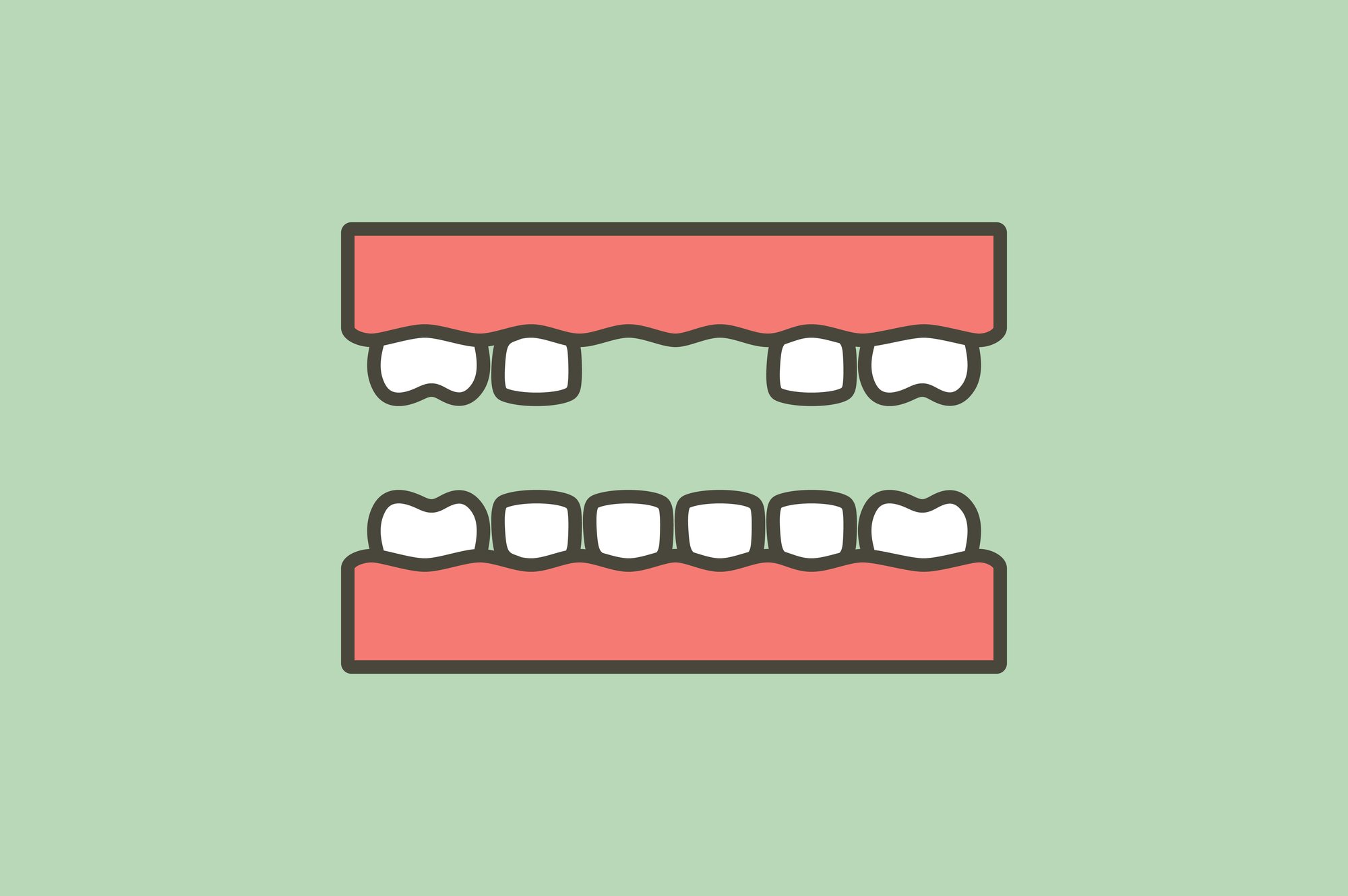


Recent Comments